- Home
- Business Innovation
- Metaverse: what it is, how to enter in it, and what potential it offers for Digital Transformation
Business Innovation
5
min read
Metaverse: what it is, how to enter in it, and what potential it offers for Digital Transformation
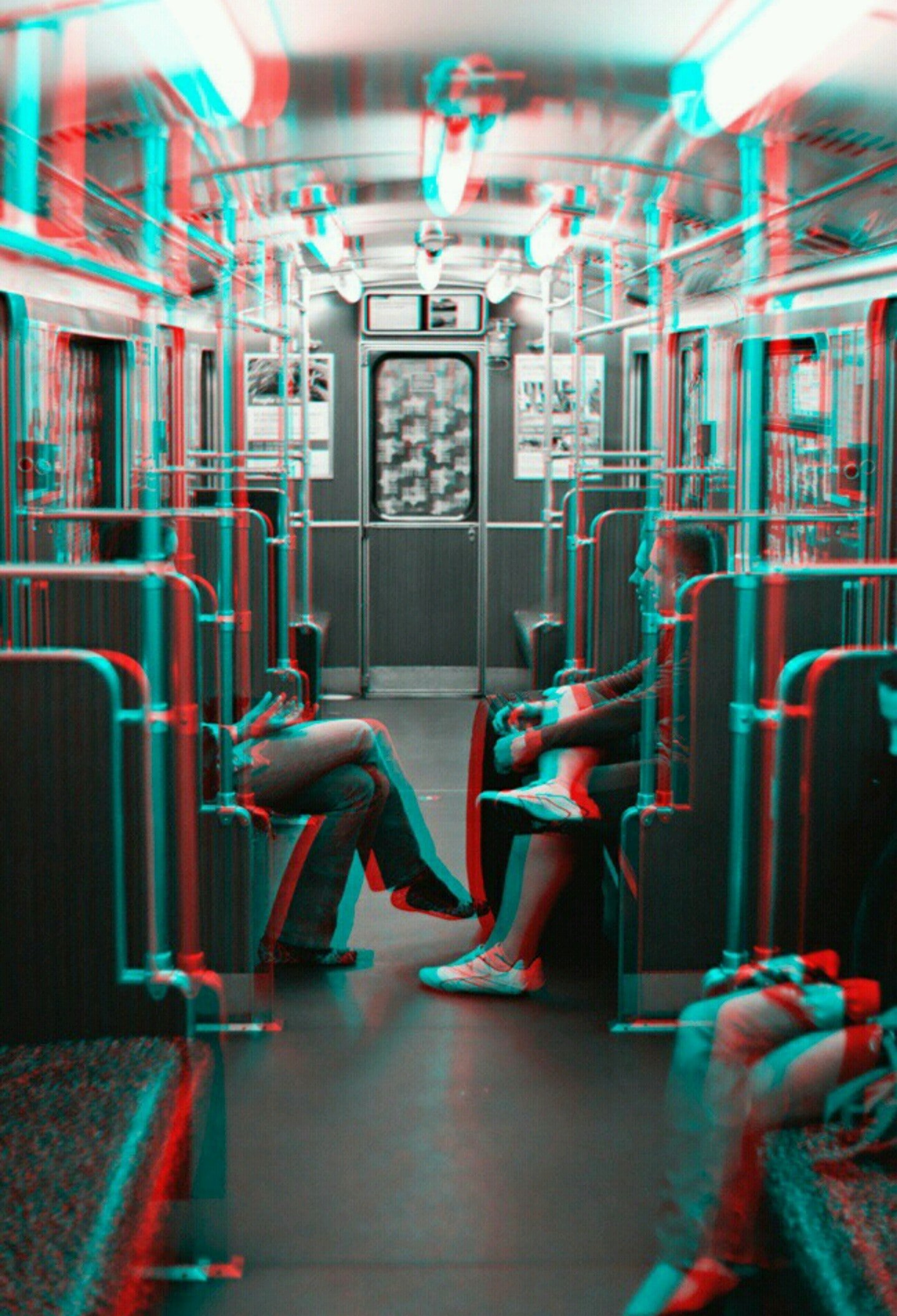

Don't you want to read? Try listening to the article in audio mode 🎧
During the Facebook Connect 2021 event, Mark Zuckerberg officially announced that his company, formerly known as Facebook Inc., was renamed Meta Platform Inc.
With this announcement, the creator of the most populated social network in the world disclosed a reorganization of corporate assets and, more importantly, reported that future business strategies would be centered around the Metaverse. A process so ambitious on which the group would intend to concentrate investments of 10 billion dollars and the work of 10,000 employees operating mainly in Europe.
The term "Metaverse" was not created recently. In fact, the first to use it was the American writer Neal Stephenson in his work entitled Snow Crash, published in 1992, a period in which the Cyberpunk science fiction genre was very popular.
But, what is the Metaverse and why could it represent the real driving force of Digital Transformation, in years to come? Let's analyze its fundamental features and how it works.
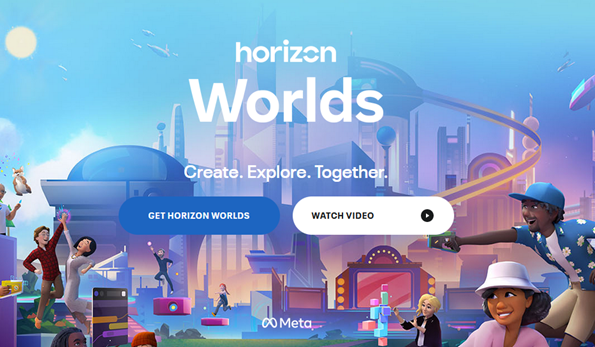 source:(oculus.com/horizon-worlds)[/caption]
To date, Horizon Worlds has over 10,000,000 different worlds in which more than 300,000 users operate.
source:(oculus.com/horizon-worlds)[/caption]
To date, Horizon Worlds has over 10,000,000 different worlds in which more than 300,000 users operate.
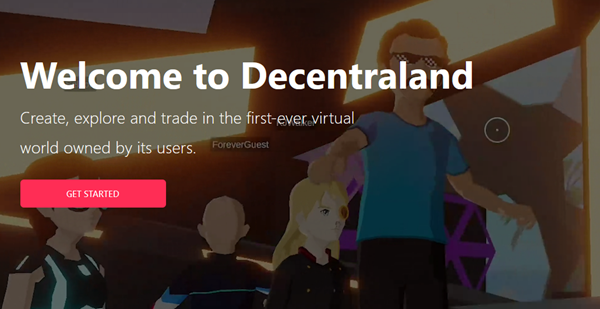 source:(decentraland.org)[/caption]
The platform is used for musical and artistic events organization. It also allows you to build new assets, such as digital buildings and parks, as well as monetize them through the official Decentraland cryptocurrency, MANA.
source:(decentraland.org)[/caption]
The platform is used for musical and artistic events organization. It also allows you to build new assets, such as digital buildings and parks, as well as monetize them through the official Decentraland cryptocurrency, MANA.
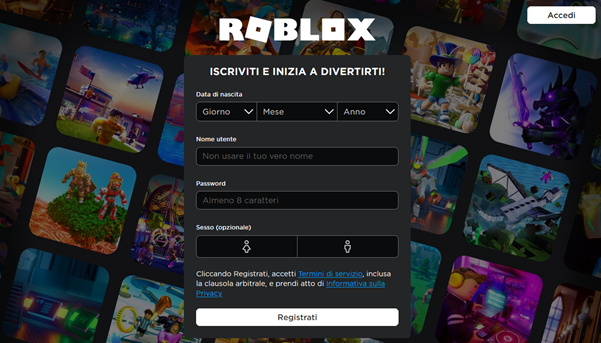 source:(roblox.com)[/caption]
The entire Roblox infrastructure has been designed to allow users to create their own virtual worlds, in which you can play and communicate. Their "legal tender" cryptocurrency is the Robux and it can be used to access features, in addition to those available through the "Toolbox" which is assigned by default to each avatar to create new worlds.
source:(roblox.com)[/caption]
The entire Roblox infrastructure has been designed to allow users to create their own virtual worlds, in which you can play and communicate. Their "legal tender" cryptocurrency is the Robux and it can be used to access features, in addition to those available through the "Toolbox" which is assigned by default to each avatar to create new worlds.
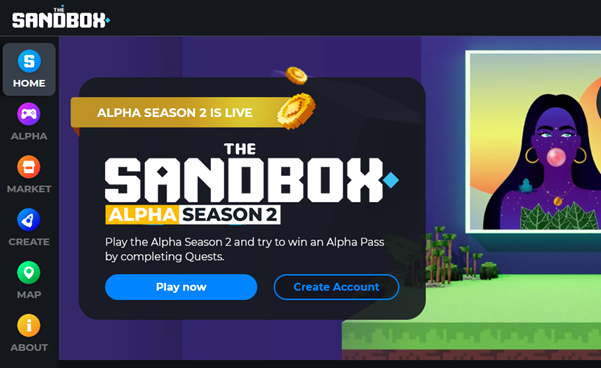 source:(sandbox.game)[/caption]
Sandbox was one of the first platforms to open the doors to brands, and that is why you can impersonate avatars inspired by well-known tv series, and buy exclusive objects certified through NFTs through the SAND cryptocurrency.
source:(sandbox.game)[/caption]
Sandbox was one of the first platforms to open the doors to brands, and that is why you can impersonate avatars inspired by well-known tv series, and buy exclusive objects certified through NFTs through the SAND cryptocurrency.
What is and how does the Metaverse work?
The Metaverse is a three-dimensional virtual space in which users can interact with other people, with the context and with the objects present therein, impersonating avatars. An avatar is basically the digital representation of an individual in the Metaverse, an environment made up of a potentially unlimited number of worlds where you can communicate, network, play, do sports, work, use services, buy, sell, create new assets, attend events, express your artistic talent, start businesses and carry out any other activity that can also be conducted in the real world, without any limitations related to your position in space or language barriers. At the base of the Metaverse there are technologies that allow, and will allow, users with ultra-fast connections to exploit all its potential. It is in fact a Cloud-based space managed largely by Artificial Intelligence and explorable through Virtual and Augmented Reality, where exchanges can be formalized by smart contracts recorded in the Blockchain. Goods and services are payable both in real currencies and in cryptocurrencies, and NFTs (Non-Fungible Tokens) certify assets and works of art’s ownership and authenticity. These features give the Metaverse an innovative scope, comparable to those real revolutions of the recent past, such as the Internet and the spread of the mobile ecosystem.Metaverse: how to enter?
To join the Metaverse, it is necessary to subscribe to one of the platforms that allow access to it. There are technical requirements for the use of these services, but in principle we are talking about tools that are easily available on the market and simple registration procedures:- a reasonably fast Internet connection;
- a smartphone or computer;
- a VR or AR visor for applications based on immersive experiences, such as Meta's Oculus Quest, PlayStation VR or Microsoft HoloLens;
- an account on a service dedicated to the Metaverse.
Horizon Worlds
Horizon Worlds is the three-dimensional social experience proposed by Meta. It is a collaboration and sharing-oriented environment where creators and developers can explore and, at the same time, design the environments that populate the Metaverse. [caption id="" align="alignnone" width="595"] source:(oculus.com/horizon-worlds)[/caption]
To date, Horizon Worlds has over 10,000,000 different worlds in which more than 300,000 users operate.
source:(oculus.com/horizon-worlds)[/caption]
To date, Horizon Worlds has over 10,000,000 different worlds in which more than 300,000 users operate.
Decentraland
Decentraland is a virtual environment that has the characteristic of referring to the Ethereum Blockchian, the same on which the ETH cryptocurrency is based, which is considered one of the most reliable alternatives to Bitcoin. [caption id="" align="alignnone" width="600"] source:(decentraland.org)[/caption]
The platform is used for musical and artistic events organization. It also allows you to build new assets, such as digital buildings and parks, as well as monetize them through the official Decentraland cryptocurrency, MANA.
source:(decentraland.org)[/caption]
The platform is used for musical and artistic events organization. It also allows you to build new assets, such as digital buildings and parks, as well as monetize them through the official Decentraland cryptocurrency, MANA.
Roblox
More oriented towards gaming than the solutions for accessing the Metaverse we have described above, Roblox is defined by its creators as an "Imagination platform". [caption id="attachment_12691371" align="alignnone" width="601"] source:(roblox.com)[/caption]
The entire Roblox infrastructure has been designed to allow users to create their own virtual worlds, in which you can play and communicate. Their "legal tender" cryptocurrency is the Robux and it can be used to access features, in addition to those available through the "Toolbox" which is assigned by default to each avatar to create new worlds.
source:(roblox.com)[/caption]
The entire Roblox infrastructure has been designed to allow users to create their own virtual worlds, in which you can play and communicate. Their "legal tender" cryptocurrency is the Robux and it can be used to access features, in addition to those available through the "Toolbox" which is assigned by default to each avatar to create new worlds.
Sandbox
Supported by a collaboration with Meta, Sandbox offers a version of the Metaverse where it is possible to create worlds using a system based on blocks. From this point of view, it is possible to find few similarities with the Minecraft ecosystem, starting from the graphic setting. [caption id="" align="alignnone" width="601"] source:(sandbox.game)[/caption]
Sandbox was one of the first platforms to open the doors to brands, and that is why you can impersonate avatars inspired by well-known tv series, and buy exclusive objects certified through NFTs through the SAND cryptocurrency.
source:(sandbox.game)[/caption]
Sandbox was one of the first platforms to open the doors to brands, and that is why you can impersonate avatars inspired by well-known tv series, and buy exclusive objects certified through NFTs through the SAND cryptocurrency.
The possible applications of the Metaverse
Taking into consideration the advantages of the Metaverse for the world of work, one of its first applications certainly concerns the role it could have in the remote monitoring of professional activities, with opportunities that go beyond the support for video conferences and allow new ways of team collaboration and projects development within virtual contexts. Another sector that will be influenced by this revolution will most likely be gaming, which is already becoming increasingly immersive today. It’s no coincidence that Microsoft CEO, Satya Nadella, commented about the acquisition of the game house Activision Blizzard for 69 billion dollars, calling it a long-term investment, in view of the evolution of the Metaverse. Impossible not to mention the potential benefits for the use of Public Administration services. In this regard, it is possible to highlight the project of the Seoul’s metropolitan government which has decided to create a sort of twin city in the Metaverse, where Koreans will be able to exercise all the rights granted by citizenship, and virtual tourists will be able to take virtual tours and attend festivals and other events. There are also initiatives dedicated to entertainment. The launch of the Stageverse platform was celebrated for example with a totally virtual concert by Muse, during which participants were able to take a new-concept musical experience, enriched by elements of AR, VR and special effects. In the near future, the Metaverse will probably also be increasingly present in other sectors, such as Fintech, Healthcare, fashion and art, without forgetting the great potential that digital worlds offer to training and education.The potential of the Metaverse in Digital Transformation
As anticipated, the Metaverse presents itself as the greatest innovation after the advent of the Internet and the significant changes that our daily life has experienced following the spread of the mobile ecosystem. Its potential in Digital Transformation is unquestionable, because the Metaverse could change the way people relate to technology and the services that can be enjoyed through it. To understand the implications of such a revolution, it is necessary to be prepared by following a training course such as the Digital Transformation Master offered by Talent Garden. This is an initiative that aims to train professionals to be able to develop Digital Transformation strategies optimized for different company profiles, learn how digital impacts models and methods of project management, and understand the value of data in decision-making processes. The Master has a duration of 6 weekends, 4 are in live online, plus 2 in presence at the Calabiana Campus of Talent Garden, located in Milan. At least 3 years of work experience in IT or Business Management are required to attend the course.Conclusions
The innovative scope of the Metaverse concerns and will concern different aspects of our way of living and working. Thanks to it, technology offers for the first time the opportunity to create their own three-dimensional virtual worlds, populate them with creativity and explore a reality open to art, services, collaboration and communication. We are perhaps only at the beginning of a phenomenon that will impact Digital Transformation by proposing new economic, cultural, managerial, social and organizational models.
Article updated on: 09 August 2023

Don't Waste Your Talent. Turn It Into a Career With a Course That Fits Your Needs!
Talent Garden is your Digital Skills Academy, offering courses in Digital Marketing, UX Design, Digital HR and Data Analysis designed to launch your career.
Keep reading
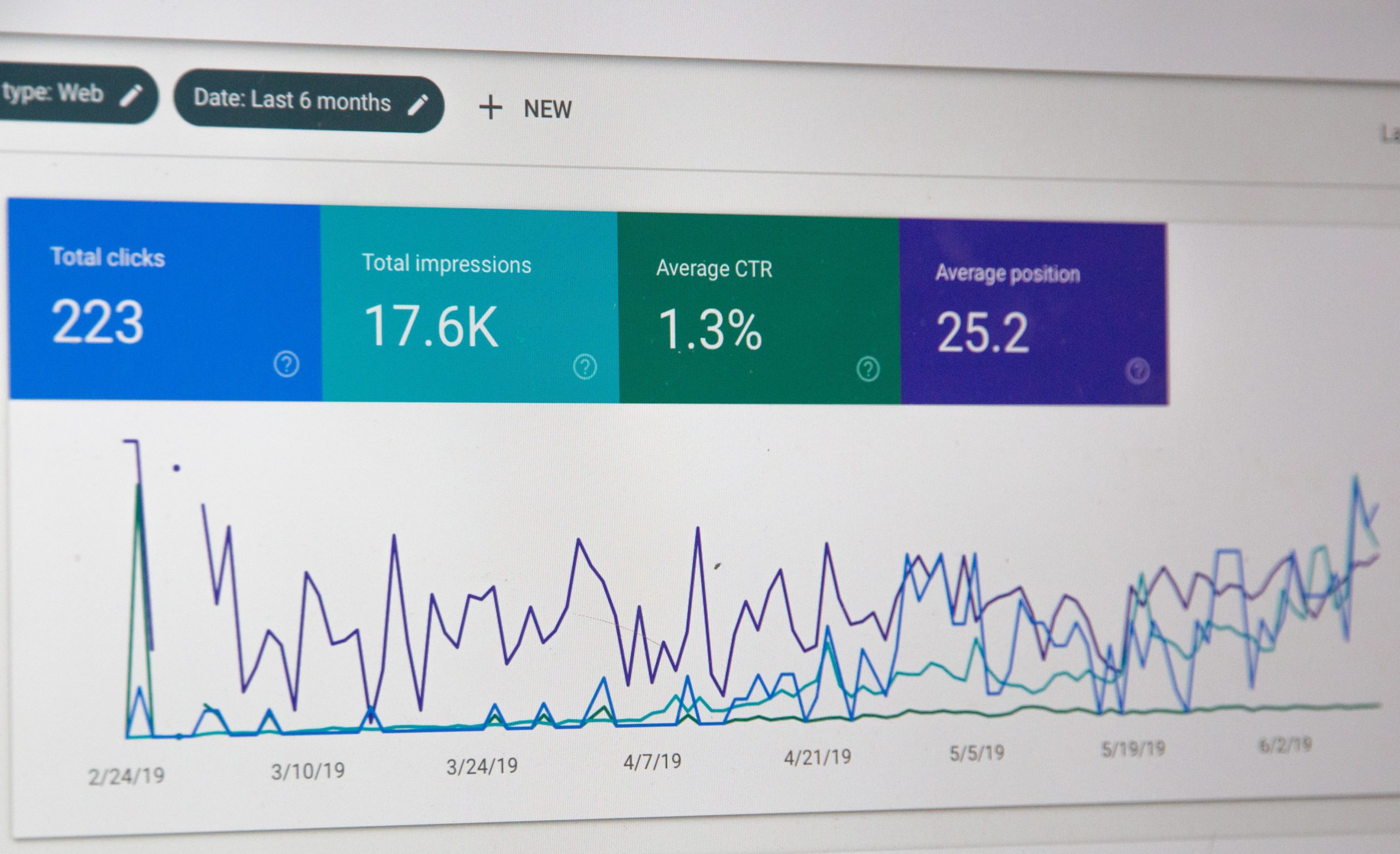
4
min read
Attribution Models: what they are, what they are for and which are the most popular for Digital Marketing
In the digital world one hears increasingly of Attribution Models. Attribution models for Facebook, for Google Ads, for ...
Talent Garden
04/03/2022
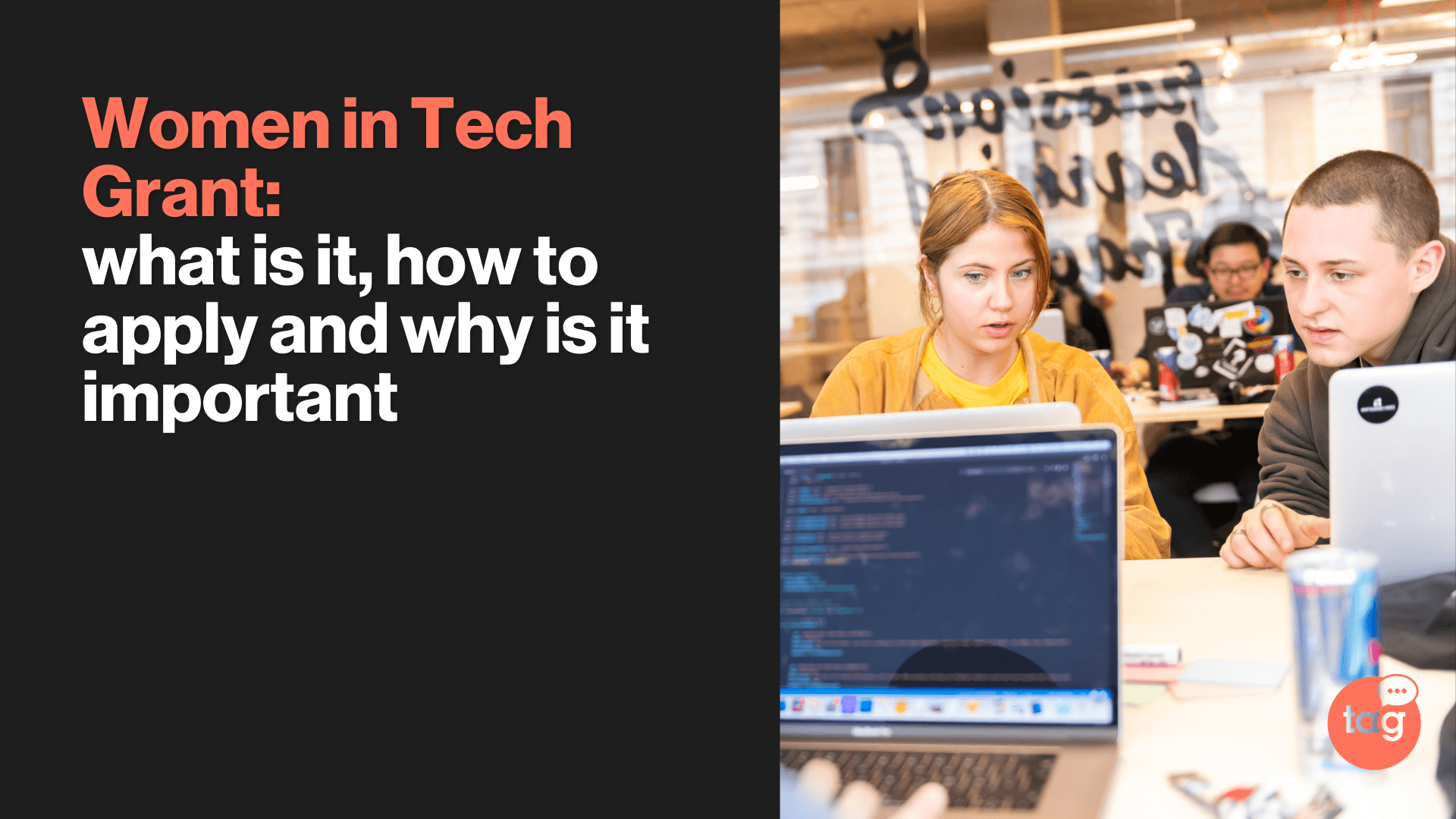
3
min read
Women in Tech Grant: what is it, how to apply and why is it important
Did you know that Europe’s GDP could improve if it closed the Gender Gap in STEM Education? In fact, it is estimated ...
Talent Garden
09/02/2021

3
min read
HR and Data: What are People Analytics and how to use them?
What are people analytics? The fact that data are at the centre of every company's attention and that most decisions ...
Talent Garden
31/03/2022

6
min read
Digital PR: what it is and why it is important in a Marketing strategy
Digital PR are online marketing strategies that companies can benefit from in order to increase their online presence, ...
Talent Garden
10/03/2022
